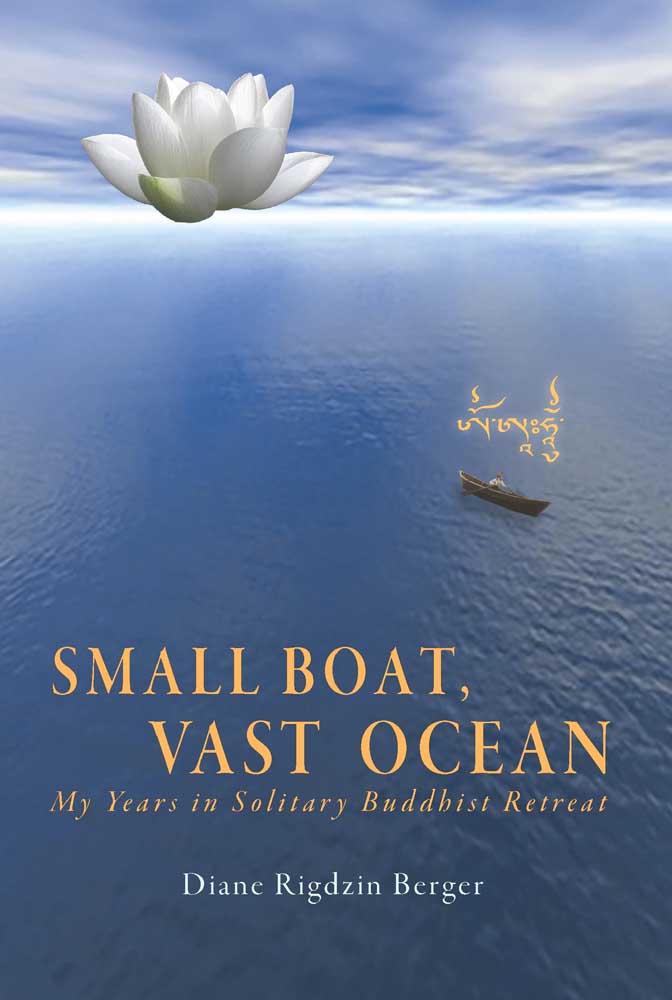Bookmonger: Journeying through the sacred and mundane
Published 9:00 am Wednesday, August 16, 2023

- In “Small Boat, Vast Ocean,” Berger shares journal insights from three years spent traveling, including a prolonged retreat on Willapa Bay.
My husband and I made a two-week road trip earlier this summer to visit family across the Midwest, along with local landmarks, state and national parks, libraries and museums.
Trending
We slept in the car one stormy night at Devil’s Tower, tent camped elsewhere, availed ourselves of hotels, Airbnbs and friends’ extra bedrooms. Thanks to a flat tire in the middle of Wyoming over the Fourth of July weekend, we wobbled gratefully into an old motel that posted a sign in the gravel parking lot outside that guests were to refrain from cutting, skinning or hanging game animals on the premises.
Many times since then, my husband and I have reflected not only on our own trip but on how and why other people travel.
That made this week’s book seem especially relevant.
Trending
In “Small Boat, Vast Ocean,” Pacific Northwest native Diane Berger shares journal insights from the three years she traveled between different sites from the Siskiyous to the San Juan Islands, with a prolonged stay also on Willapa Bay, as she engaged in a solitary Buddhist retreat that had been modified to accommodate her particular situation.
“Small Boat, Vast Ocean,” by Diane Rigdzin Berger
Butter Lamp Press — 300 pp — $19.95
In turning away from the busy pace of life she had been accustomed to, Berger had time to pay closer attention to what was going on in the natural world surrounding her.
Scorpions and eagles, bears and an elephant seal, sunrises, clouds and the turn of the tide all became worthy of notice. She watched the grass grow and the rain fall. She considered the ways the different forests she inhabited impinged on her senses and affected her outlook.
But this book’s collection of Berger’s journal entries, poems and dreams is also very much about looking within, using meditation and other Buddhist practices to tune into the psyche in order to, as Berger describes it, “contact the nether reaches of what it means to be human, contact then followed by transformation.”
Whenever Berger introduces terminology that has significance in Tibetan Buddhism, the word or phrase is italicized to indicate that it can be found and defined in a glossary at the end of the book. For readers, this may prove to be helpful in understanding some concepts and practices which may seem foreign to those with a Western mindset.
But if this should sound intimidating, I hasten to add that Berger’s writing is also very accessible, and sometimes downright droll.
At one of her retreats, for instance, she writes about how she used copious amounts of bug spray to counter the visitation of insects that visited her every evening: ants, gnats, moths and the occasional centipede: “Nothing has intrinsic existence, I tell myself, we’re not separate, we’re all of light. (There goes a gnat.)”
“Small Boat, Vast Ocean” has its share of tears — enough to fill a small pond, if not an ocean, but ultimately it overflows with joy and gratitude. What a gift to get a glimpse into a very different way of journeying through life.









